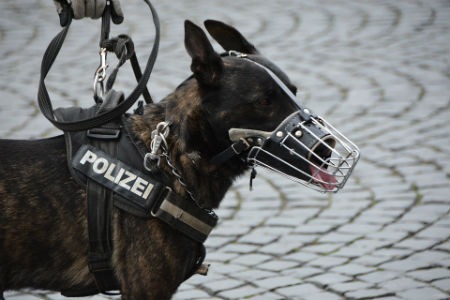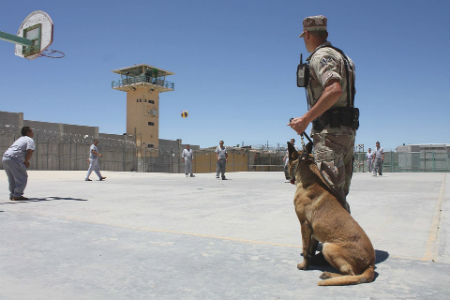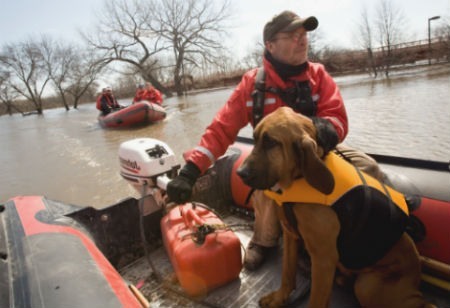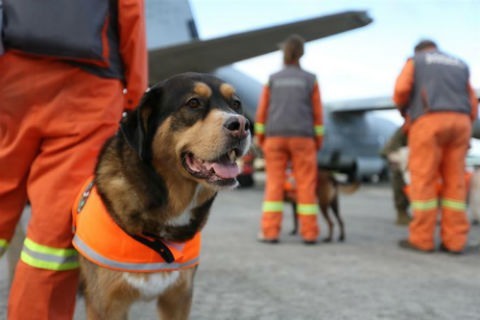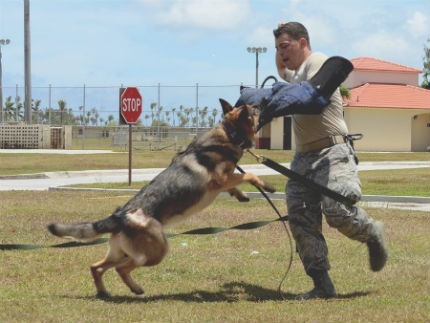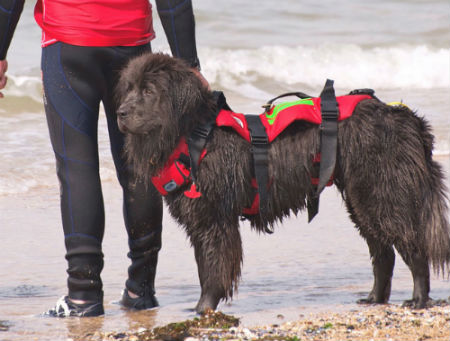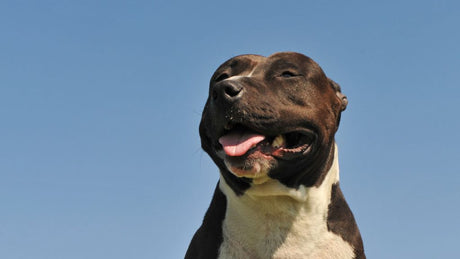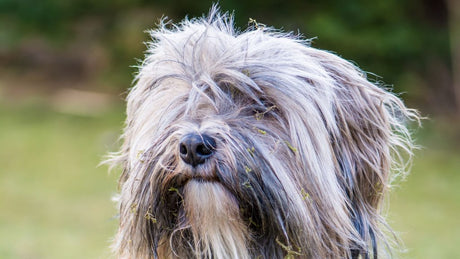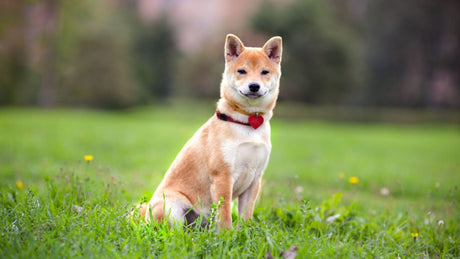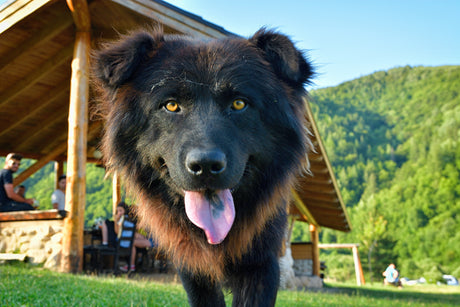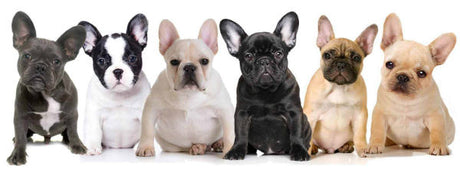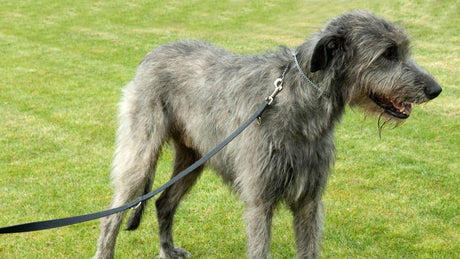Instinct and smell are two of the main qualities of dogs that humans take advantage of. In this way, it is not only your best friend, but also the most efficient and qualified for endless tasks. Dogs are at the top of the ranking of the best pet for their unquestionable loyalty, nobility, intelligence, aptitudes and many talents that bring them closer to people to give them company and serve both in their home and in other environments where they operate. The list of
trades, jobs and professions that a dog can perform is long. There are therapy dogs, service dogs, herding dogs, companion dogs, emotional assistance dogs and even disease detection dogs, all incredible functions that require training and dedication, both from the owner and the animal.
But in this article we are going to refer to
police dogs , that noble profession that is associated with risks, adrenaline and, especially, a lot of intuition and training to be able to achieve the objectives of the police force and achieve the tasks assigned to the dog. Police dogs are trained to carry out various tasks, specifically in the area of public security, police investigation and citizen protection, and where the subdivision of tasks is so extensive that we can practically speak of expert dogs and specialists in one or several trades. related to police work.
What are the best police dog breeds?
In this aspect of the topic, there are many opinions that have been generated around
the dog breeds that work best for police forces , especially because there are many jobs that police dogs can do, whose classification has been carried out by veterinary experts, trainers. and knowledgeable about the behavior and characteristics of each caste. Although the key is in the character of the animal.
For example:
- The police dogs par excellence are the German Shepherd , Rottweiler , Belgian Shepherd , Dutch Shepherd and Labrador Retriever breeds.
- For public order control, the most trained breeds are Doberman , Rottweiler, Boxer , Schnauzer and those mentioned above.
- If the task is to search for corpses , the best ones to carry it out are Bloodhound , Belgian Shepherd and Beagle .
- If they are going to be trained as tracking dogs , any of the breeds mentioned are efficient for this task, and if they are assigned to detect illicit substances, explosives or counterfeit bills, the most used breeds are Cocker Spaniel , Foxhound, Weimaraner , English Springer Spaniel, Schnauzer, Golden Retriever , Belgian Shepherd, German Shepherd, etc.
Actually,
the usefulness that a police dog can have can be classified into specific groups :
- Detector dogs , which can identify the existence of explosives, chemical or narcotic substances, mines, strange animals, etc. by smell.
-
Rescue dogs also have a special role in security forces, especially when there are natural disasters such as landslides, building collapses, landslides, avalanches, earthquakes, tsunamis, etc.
- There are also so-called intervention dogs , which can participate in citizen protection, riots, search and pursuit of antisocials, and hostage rescue.
The best police dogs are playful, strong and active
We already mentioned that
the key to a good police dog is character , because depending on it, its training and performance will be more or less effective. But there is another essential characteristic, such as a taste for the game, since this is the main basis of his training, and physically he must be strong and active. Likewise, it is important that they have their hunting instinct developed, since several of the functions they will perform will be following trails, chasing and attacking.
How to train a police dog?
The training and training of police dogs is hard and begins when they are puppies of about eight or nine months, and extends for approximately one continuous year with the idea that they manage to assimilate the fundamental tasks for the police and security forces of the State. . This training is carried out by professionals and requires several stages that include everything from
basic obedience training to the most specific ones with which they can perform real feats.
Police dogs are medium-sized, agile, with adaptation and learning skills so that they can assimilate skills such as defense and attack, since any dog trained for these tasks must have the capacity to serve from surveillance to attacking an aggressor and immobilizing him. . Exercises to train police dogs in these two tasks focus on
teaching them where and how to bite a person without causing fatal harm . Another task that a police dog must fulfill is socialization, so that as it becomes familiar with the environment it obeys the most basic commands. In this training the dog already shows its ability to belong or not to a police force. After a year of obedience and socialization training, comes the stage of individual training with your instructor, who will ensure your physical and psychological conditioning. The physical training of a police dog is highly demanding, for which appropriate spaces are required where the animal can run at high speed, jump, overcome or avoid obstacles, crawl through tunnels, climb slopes, go through hoops, climb steps and other things. series of exercises that will make you competent to move on terrain with extreme conditions (slippery, with holes, stones, debris, etc.), among crowds or at high altitudes.
Police dogs are trained to be obedient to the slightest signal from their partner . The instruction begins with the most basic things, such as throwing a ball for them to bring to the coach, and progressing through the basic commands so that they do their job, even under conditions of stress or danger.
Obedience is the essential factor for the dog's work to be efficient. Other specific training is related to the characteristics of the dog, and in the case of training a police dog, depending on the field in which it will operate, the training will be related to the development of intuition or smell, if applicable. Assign you the task of detecting explosives, toxic substances, following traces of missing people, chasing criminals, detecting corpses, detecting people in rubble, mud, snow, etc.
